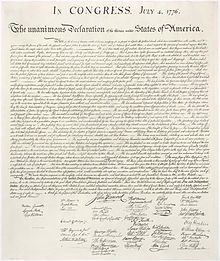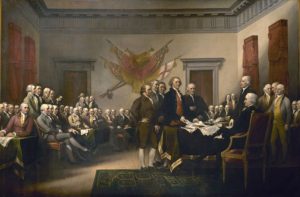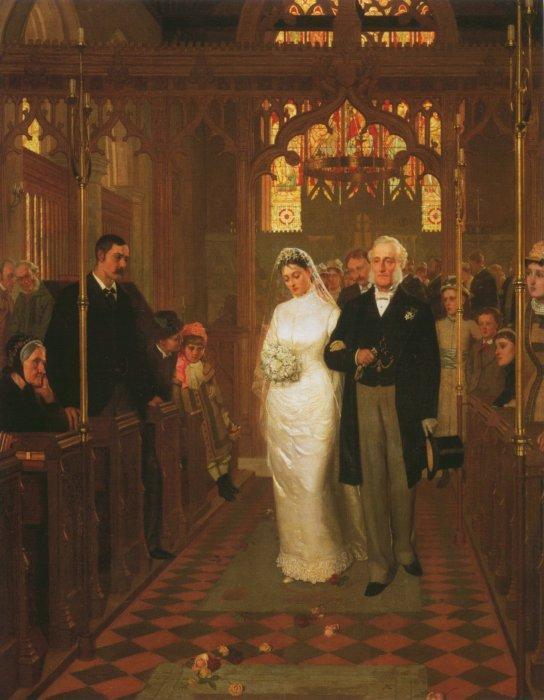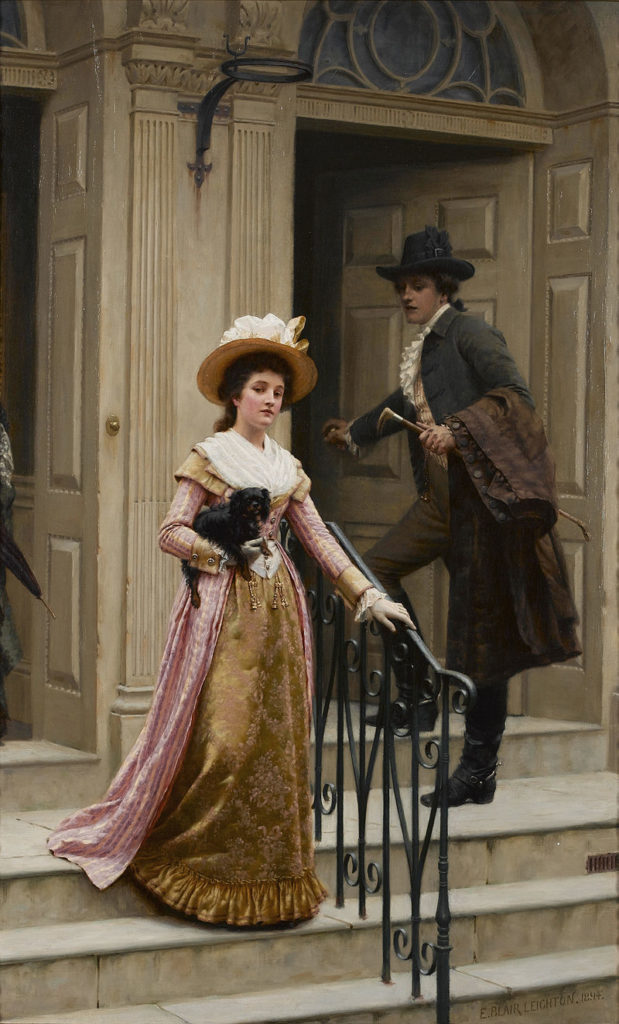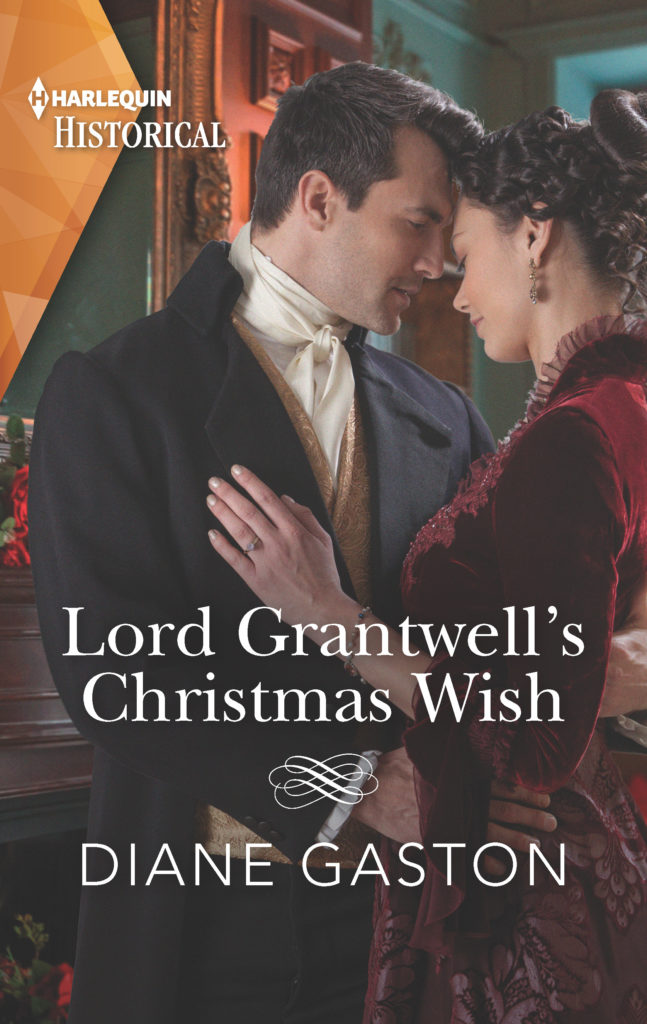Today we in the USA we have a holiday to celebrate July 4, Independence Day, the anniversary of the Declaration of Independence, the American colonies’ declaring themselves independent sovereign states separate from Great Britain.
What were they thinking?
The members of the Continental Congress who signed the Declaration were fed up with being taxed by Great Britain without having any representation in Parliament. The colonies had their own legislatures; they didn’t need Parliament.
Ordinary citizens of the colonies were not so sure of this independence idea. They were used to British rule and did not know what life would be like if they weren’t subjects of the British crown. Upper classes feared they might lose their status in an independent America and no one knew if common citizens were capable of governing themselves.
In Great Britain the aristocracy called the American’s misguided in their desire to break from the Crown. The signers were threatened with imprisonment, seizure of property and death. A pamphlet of the times also noted that although the Americans declared their belief that “all men are created equal,” they weren’t freeing their slaves. They had a good point there.
King George III declared the colonies to be in a state of rebellion and he sent in the British Army to set them straight.
British merchants, on the other hand, urged the government to make some kind of peace with the Americans. They did not want the lucrative trade with America to be interrupted.
Other British citizens, though, did not support the Americans. If the Americans could not be made to pay taxes, then the Brits’ taxes would go up, which they did. This was the advent of all sorts of “nuisance taxes” on such things as ink, paper, stamps, newspapers, and even the rabbit fur used to make ladies’ hats.
The Declaration of Independence captured the interest of French revolutionaries, who used it when drafting their own Declaration of the Rights of Man and Citizen. The document influenced the development of freedom and democracy in Europe and other parts of the world.
So as we celebrate with our hot dogs, parades, and fireworks (in ways we couldn’t do last year because of COVID), let’s remember the courage it took to leap into the unknown and start a new country founded on new ideals.
I hope your July 4th was a happy one!!
(an earlier version of this blog was posted on July 4, 2016)

